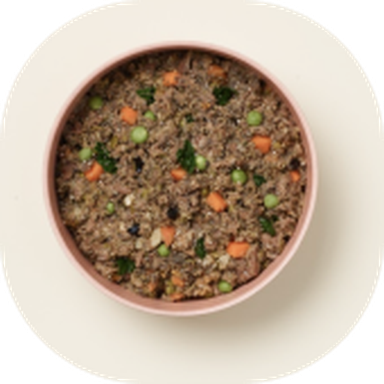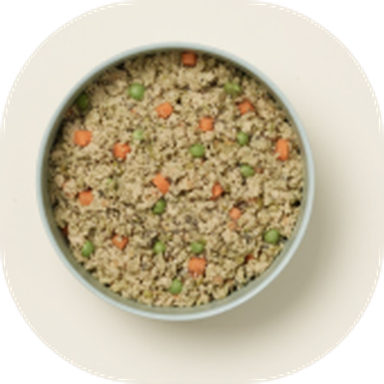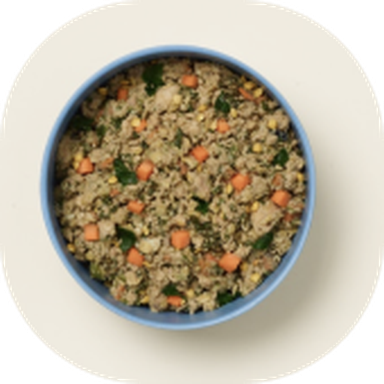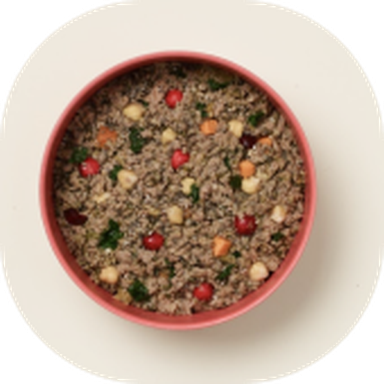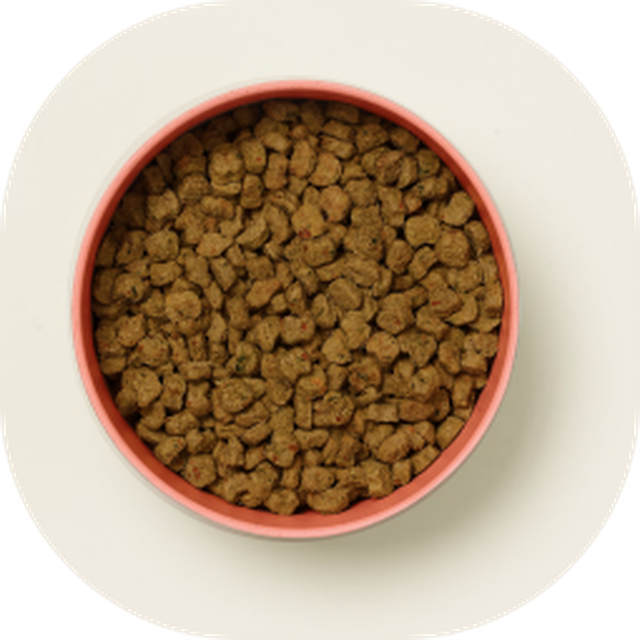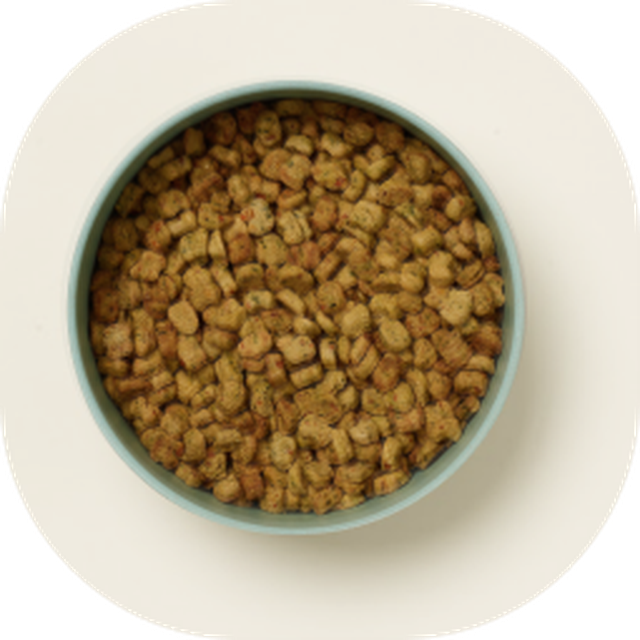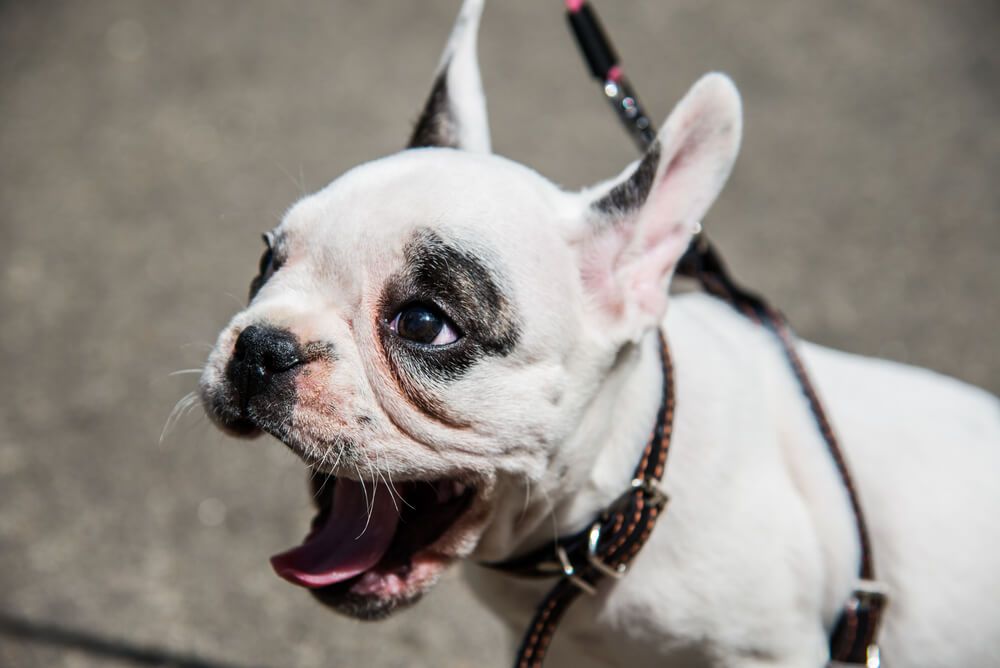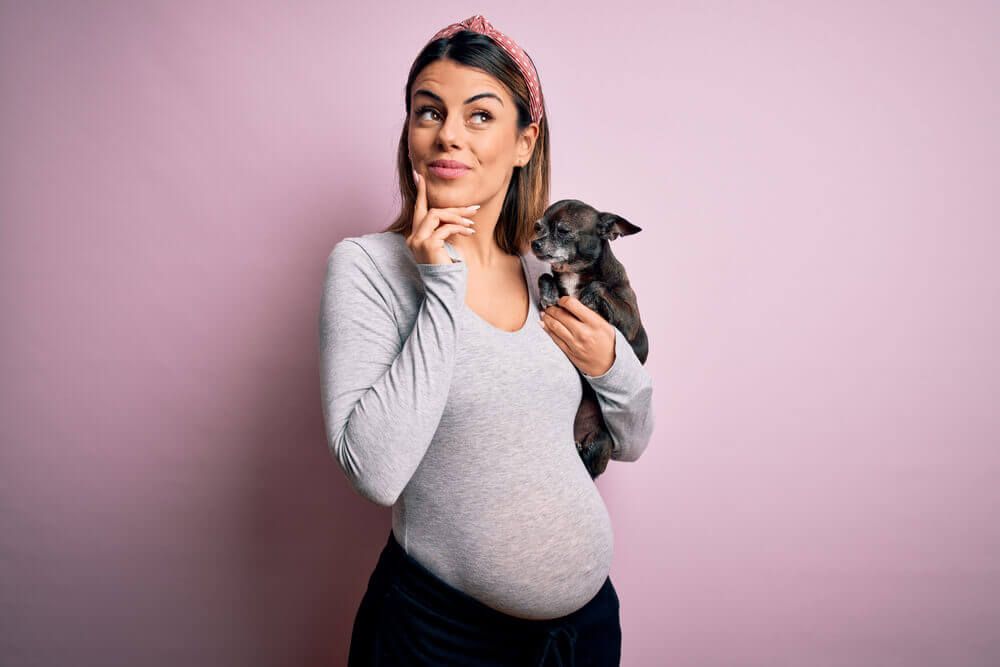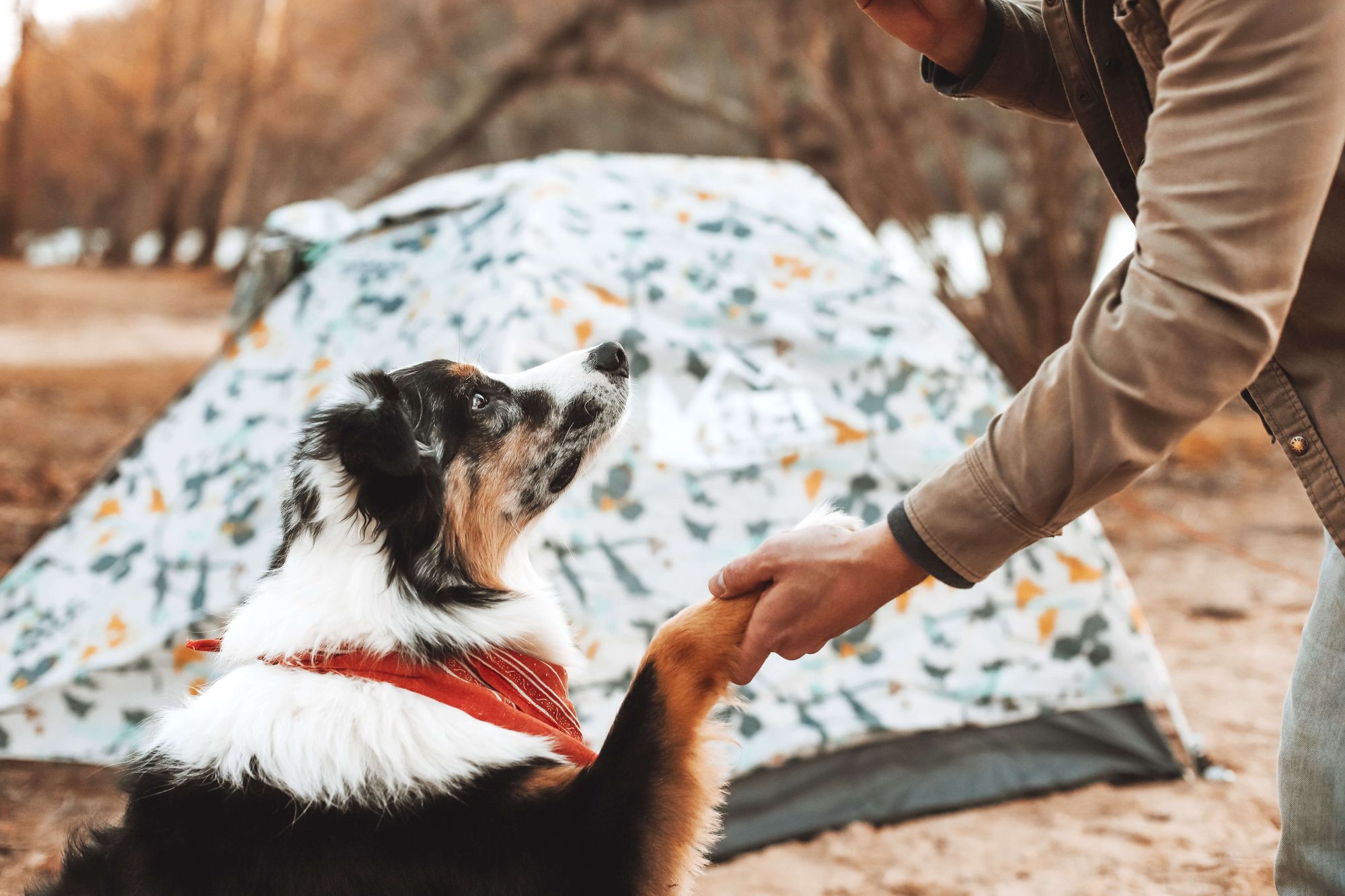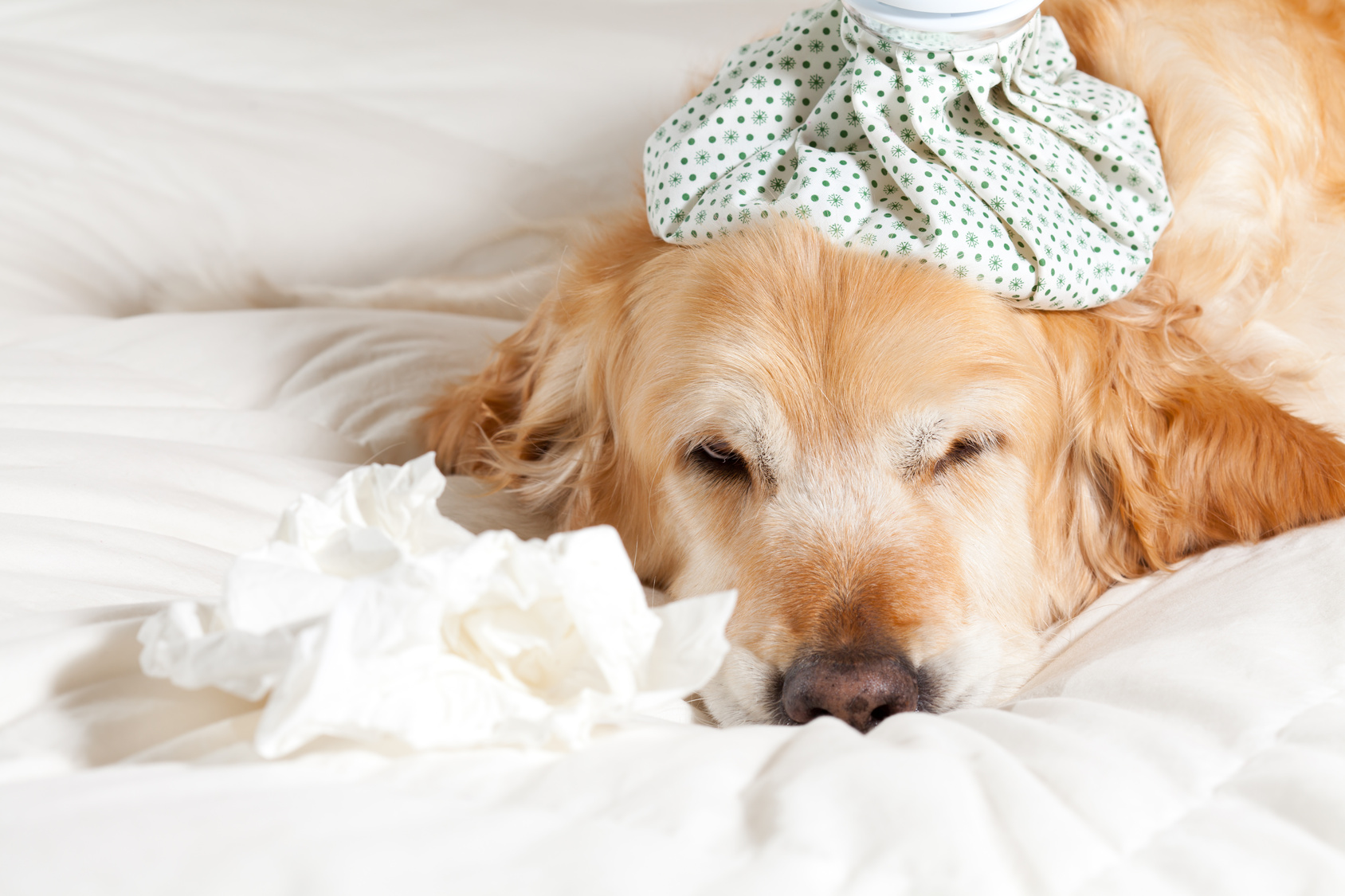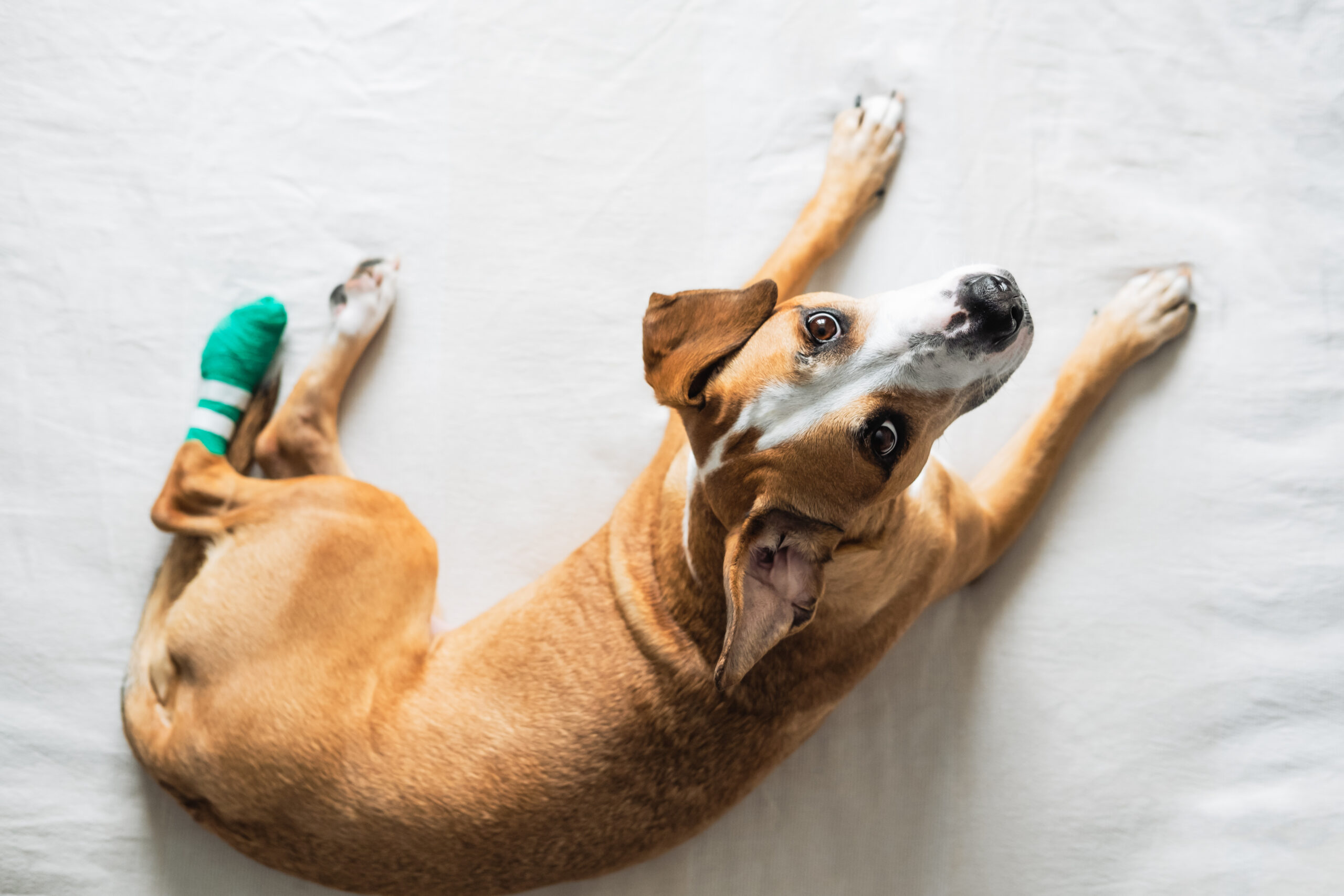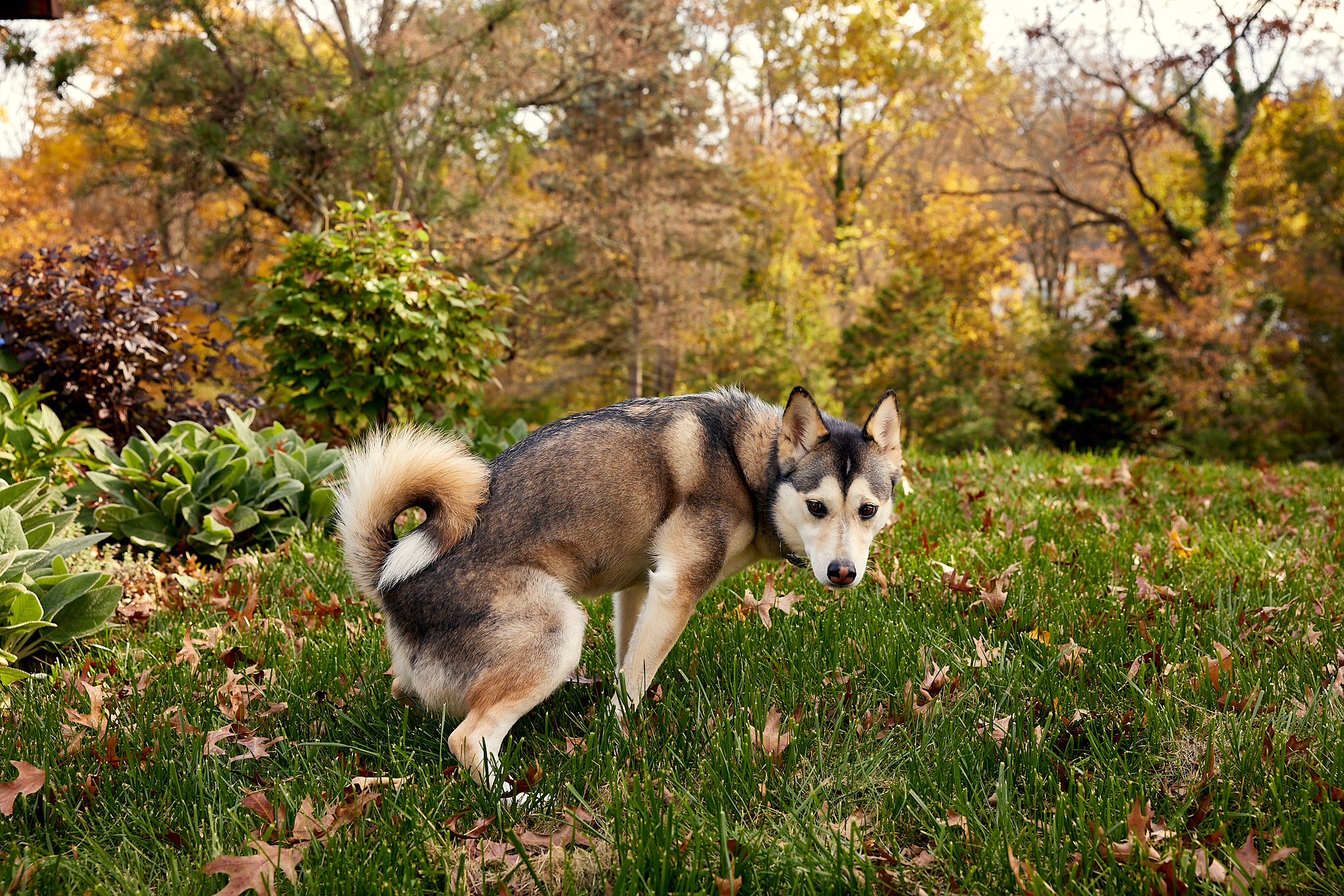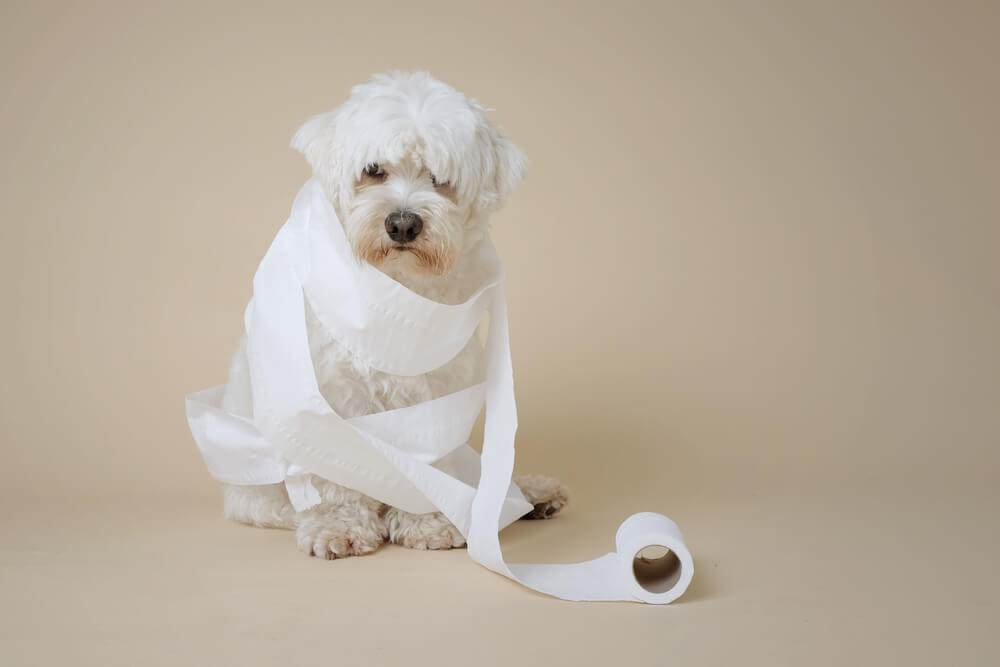Hey Ollie blog readers! We’re offering you an exclusive 60% OFF your starter box! Try now!
Have you ever seen a dog that looks like they are gasping for breath and making a very loud honking sound? This noise may have been a bit alarming if you didn’t know what the pup was doing. This action is actually called a reverse sneeze.
It’s quite common in dogs and not usually something to be alarmed about. That doesn’t stop new dog parents from panicking and calling the doctor when they see their dogs making a strange noise and breathing funny.
To hopefully save some concerned pet parents from a few grey hairs or an expensive emergency vet visit, we gathered some information on the reverse sneeze to help demystify this common but scary-sounding behavior.
What is reverse sneezing?
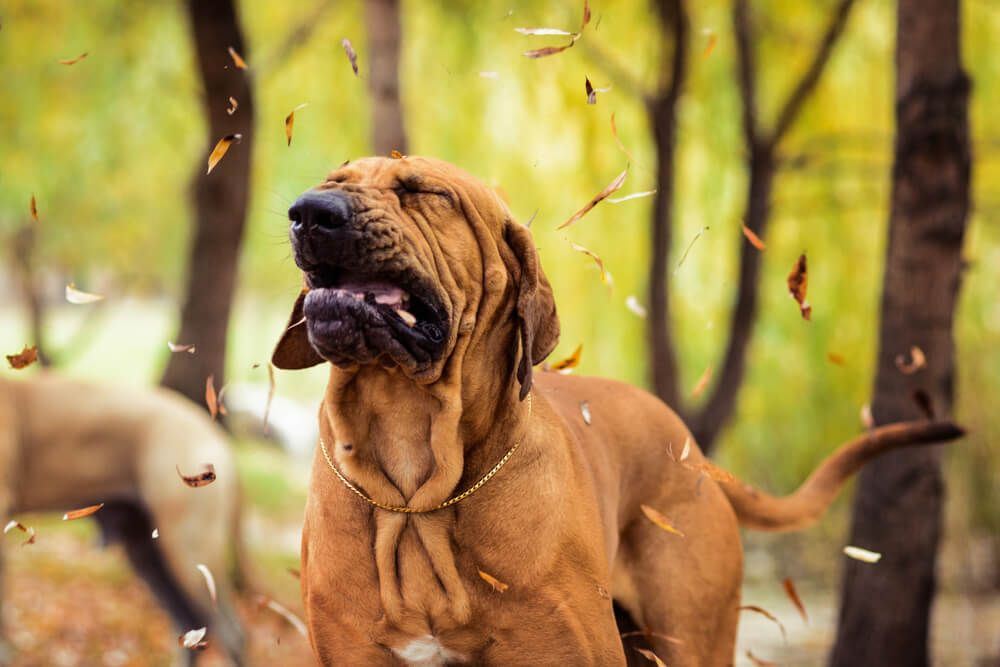
When a dog sneezes, they rapidly push air out through their noses. In a reverse sneeze, or as it’s known medically, paroxysmal respiration, your dog will actually pull air in through the nose rapidly. It’s almost like your dog is inhaling and sneezing at the same time, which makes the signature honking sound. If you don’t know what your dog is doing it could also seem like they are choking or in respiratory distress.
Why do dogs reverse sneeze?
The exact cause of reverse sneezing is not known. But, if your dog’s nose, sinus cavity, or the back of their throat becomes irritated this may trigger them to reverse sneeze. There are many things that can be irritating to your dog from common allergens like pollen, grass, and mold to strong odors like cigarette smoke, perfume, or even essential oils.
According to Drs. Krista Williams, BSc, DVM; Ernest Ward, DVM, of VCA Hospitals, “The diagnosis (of reversed sneezing) is based on medical history and clinical signs. Your veterinarian will rule out other causes of abnormal breathing and snorting, such as an upper respiratory tract infection, collapsing trachea, nasal tumors or polyps, foreign bodies in the nasal passages or mouth, and so forth.”
When is a reverse sneeze something to be concerned about?
While they can be “medically diagnosed”, it’s really rare that reverse sneezing needs medical attention. For some pups, a simple stroke of their necks to encourage them to breathe through their noses will resolve a reverse sneezing attack.
That said, if your dog is having more than two episodes of reverse sneezing a day, it may be worth having it checked out. The irritation or allergy that is causing the reverse sneezes may require some antihistamines, anti-inflammatories, or other medical treatment. But, your vet may also run some tests to rule out other issues like tumors, polyps, or a foreign body that needs to be removed.
If you do need to take your dog to the vet because of reverse sneezing, it is important to know that it’s unlikely that your dog will reverse sneeze during the appointment. So, what you can do is video your dog during an episode so your vet can review it if they don’t see them reverse sneeze in person. You can also keep a log of the times your dog reverse sneezes and how long they last so your vet can understand the severity of the issue and help you get to the root cause. This way your dog will be feeling better in no time!
The Ollie blog is devoted to helping pet parents lead healthier lives with their pups. If you want to learn more about our fresh, human-grade food, check out Ollie.com.
Tagged As:

The nutrition your dog needs,
the food they want.

Enjoying our articles? Subscribe our Newsletters and get new articles directly to your inbox
You might also like
26 April 2024
4 MINS READ
How Often Should I Take My Dog To The Vet?
Routine veterinary care is important for your dog’s overall health—but how often should your pup visit the vet? We answer this question and outline common health signs that warrant a veterinary…
by Ollie Pets
28 February 2024
6 MINS READ
Why Do Dogs Eat Poop & How to Stop It
Does your dog partake in poop? We get to the bottom of this unusual behavior, including its medical and behavioral causes, and how to address it.
by Ollie Pets
30 August 2023
6 MINS READ
Dog Diarrhea: How to Prevent and Resolve
Dog diarrhea is distressing for pups and their owners. Understanding common diarrhea causes can help you respond quickly and effectively to your pup’s intestinal issues.
